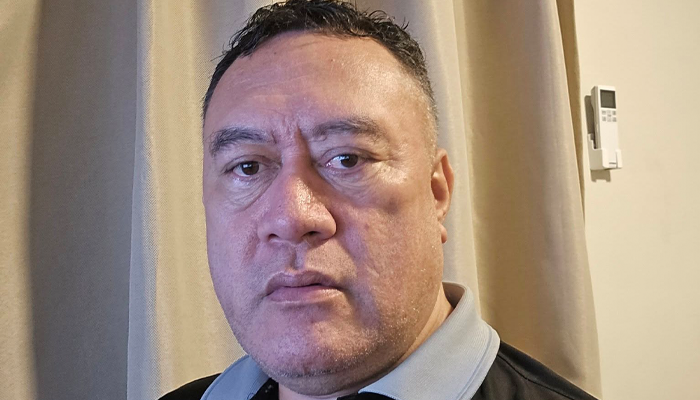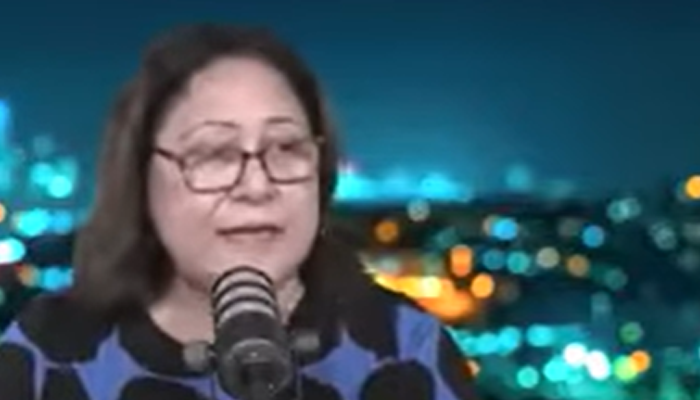Commentary – Kaniva News has been wrongly accused by Setita of Radio TV Tonga International of engaging in “fakamahamahalo” (suspicion – often carries negative connotations of distrust or bad faith) for using the term “allegation” in its reporting.

This unfounded criticism appears to stem from Setita’s personal dissatisfaction with a recent Kaniva News story—widely shared by reputable outlets, including The Pacific News Room Facebook group, with 70,000+ members and veteran journalists like Michael Field—about claims that three Tongan Cabinet Ministers allegedly pocketed $8 million in travel funds.
Rather than reaching out for clarification or engaging in constructive dialogue to uphold journalistic standards, Setita chose a public Facebook outburst, suggesting malice rather than a genuine concern for media ethics.
It appears her unwavering support for the former Hu‘akavameiliku government led to this unfounded criticism of Kaniva News.
It’s alarming that Setita chooses to act as an apologist for the accused rather than a watchdog for the public. This abandonment of journalistic responsibility undermines the very communities that rely on the media for protection.
The Misconception: ‘Allegation’ vs Fakamahamahalo
Setita inaccurately translated the journalistic term ‘allegation’ using the Tongan word ‘fakamahamahalo’, which carries a negative connotation, implying a tendency to lie or bad intention, such as the phrase mahalo kovi, literally meaning bad suspicion.
This is a fundamental misunderstanding.
In journalism, an allegation is a neutral term referring to an unproven claim of wrongdoing. Contrary to Setita’s assertion, it carries no inherent implication of falsehood or lying. Allegations play a crucial role in news reporting as they signal potential wrongdoing and highlight matters requiring public scrutiny and further investigation.
While allegations can drive significant outcomes—including key disclosures, public accountability, and potential legal consequences when verified—journalists must report them responsibly.
This requires maintaining strict standards of accuracy, providing proper context, and ensuring fairness to prevent the spread of misinformation.
Kaniva News adheres to global journalistic norms, where “allegation” is standard practice when reporting unproven claims.
Standard Journalistic Practice Worldwide
Setita, who also falsely accused Kaniva News of brainwashing people, argued that reports should refrain from publishing allegations (fakamahamahalo) and focus solely on facts.
This assertion contradicts fundamental journalistic practice.
While journalists must prioritise factual reporting and maintain objectivity, there are unavoidable circumstances where framing a report with allegations becomes necessary.

Associate Professor Jason Bosland, Director of the Centre for Media and Communications Law at Melbourne Law School, explained the journalistic use of “alleged.”
Bosland clarified that terms like “allege,” “alleged,” or “alleging” are routinely used by media to indicate that someone is suspected of certain conduct, according to a report by Australia’s Special Broadcasting Service (SBS).
He emphasised that this practice isn’t limited to criminal behaviour or misconduct but applies broadly in responsible journalism.

Contempt of Court
“[Contempt of court] is about protecting a person’s right to a fair trial and not prejudicing the trial,” Prof Bosland said.
“It’s up to the judge or the jury to determine the guilt or innocence.
“If the media are publishing that someone has committed an offence when they haven’t been tried for that offence might actually interfere with the reasoning process of the jury.”
Most journalism lecturers at New Zealand universities and institutes—including Dr Philip Cass, who often served as a media advisor to Kaniva News—advise that journalists may report only two types of occurrences as factual: court judgments issued by judges, and parliamentary debates and decisions, as members of the Legislative Assembly are protected by parliamentary immunity.
All other matters may be reported as allegations.
Anyone who follows news about wars, arrests, police busts, brawls, court hearings or disputes will notice reporters frequently use terms like alleged, allegedly, or allegation.
This is because we do not treat accusations as confirmed facts—unless they have been adjudicated in court or verified by authoritative sources.
If Setita seeks higher reporting standards, she should engage in professional discussion, not baseless public attacks.
Kaniva News stands by its reporting and urges critics to understand media terminology before launching accusations.







